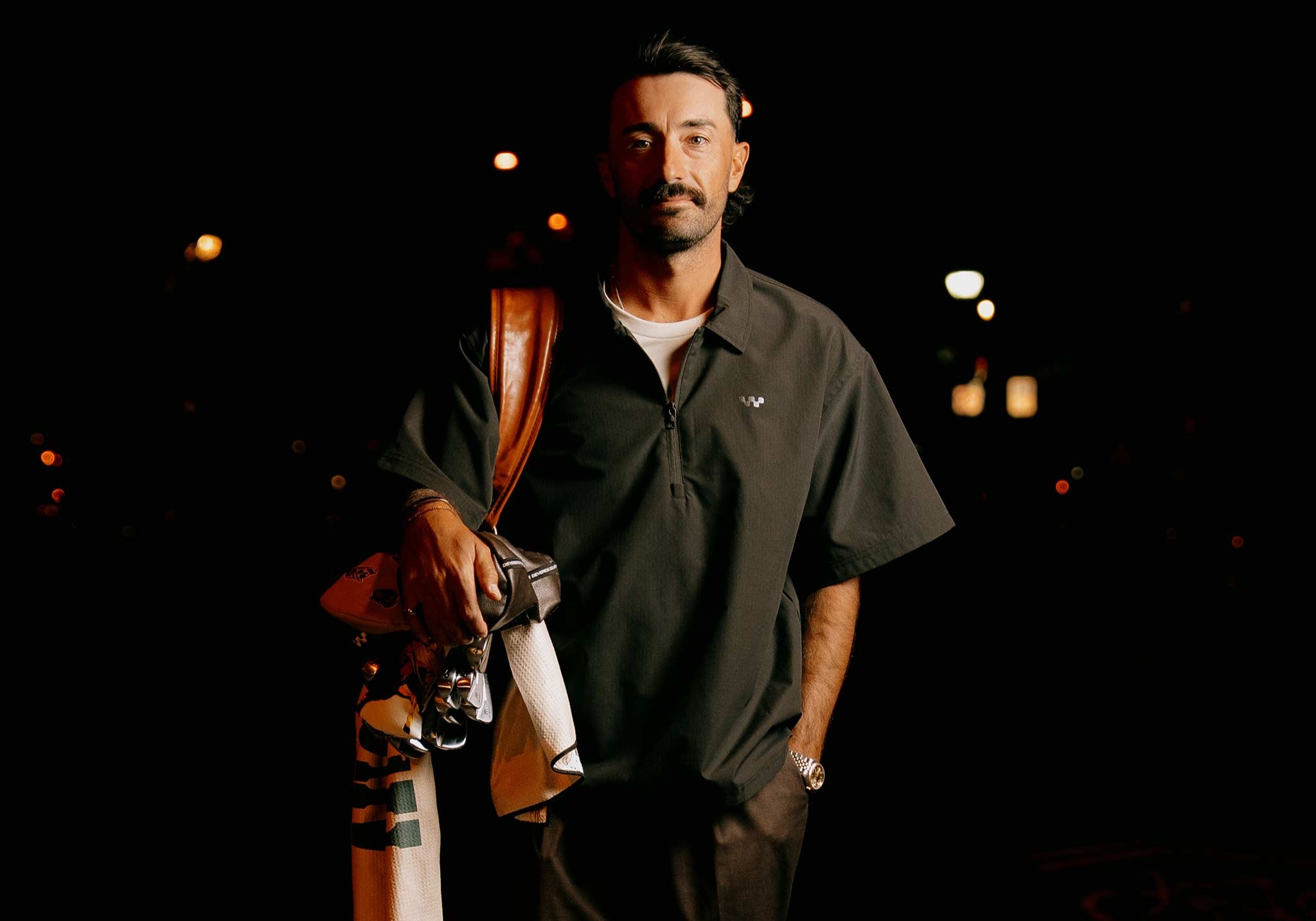8 Best Fleece Lined Pants For Men: Stay Warm All Of 2025
Dec 23, 2025The Healthcare Revolution Is Here: Meet the Maverick Doctor Who is Leading the Way
- Feb 17, 2025
- 0 Comments
797

I first became acquainted with Dr. Pamela Wible when I read her book Physician Suicide Letters Answeredin which she exposed the pervasive and largely hidden medical culture that has claimed the lives of too many doctors and medical students. It felt very familiar and personal for me because I was once a medical student. I still remember the excitement I felt when I was accepted into three medical schools. I chose U.C. San Francisco where I was awarded a four-year, full-tuition fellowship. But I soon began to feel the demands, pressures, anxieties, and doubts that assail medical students and doctors alike. Here are some of the specifics that Dr. Wible reported in her book:
- Today a physician told me she lost 3 colleagues to suicide in the last 2 months.
- Loma Linda Hospital just lost 3 young doctors to suicide in 6 months.
- Mount Sinai had 3 docs jump in less than 2 years—from the same building.
- An anesthesiologist recently told me he lost 8 of his colleagues to suicide.
I had the good fortune of interviewing Dr. Wible recently delving more deeply into her experiences with doctors, medical students and other healthcare providers and learning about the Ideal Health Clinics she has helped create and support. You can watch our interview and discussion here.
Dr. Wible goes on to say,
“Each suicide should be fully investigated, yet few receive root cause analysis of the specific circumstances leading to their deaths.”
In a TEDMED talk Dr. Wible gave in 2016 she shared the moment she realized how big a problem physician suicide is.
“I was sitting at the memorial service for the third physician that we lost in our small town in just over a year,” said Dr. Wible. “And I sat there in the second row of his memorial service, and I just started counting the suspicious deaths of doctors and I realized I had quite a number of them, including both men that I dated in medical school.”
Her comments took me back to my own medical school experience at U.C. San Francisco Medical Center. Prior to the beginning of classes the six students who, like me, had received fellowships to attend medical school were wined and dined across the bay in Marin County at home of one of our professors. The message was clear:
“You are the elite and have been accepted into an exclusive club. Follow our lead, accept the demands of membership, and you do will have the riches that accrue to those who follow the rules and work like crazy.”
Once classes began I soon began to see the dark side of being a member of this kind of club. I felt the pressures, demands, cruelty, and bullying, that are baked into the medical school experience and later, if you survive, into the kind of medicine we were being trained to administer.
I was one of the lucky ones who left medical school before things got worse. I transferred to U.C. Berkeley’s School of Social Welfare, earned a master’s degree, and later went back to school and earned a PhD in International Health. I was fortunate to create a healthcare practice that avoids many of the pitfalls that cause so much harm to both healthcare practitioners and patients.
In talking to Dr. Wible I learned that she has been helping physicians leave what she has coined “assembly-line medicine” since 2004. Her model is now taught in medical schools and is featured in the Harvard School of Public Health’s newest edition of Renegotiating Health Care: Resolving Conflict to Build Collaboration.
In a recent interview with Rectangle Health, Dr. Wible was asked about the pressures so many doctors feel these days that can cause them to feel stressed, depressed, and overwhelmed.
“Well, medical careers have always been challenging with immense pressure coming from all angles,” said Dr. Wible. “Physicians witness ongoing trauma and death without getting mental health support. Over the last 10-20 years we have been forced to treat more and more patients due to high-overhead practices. In a giant practice with 90% overhead, physicians have to see 30 patients a day just to pay the bills. It’s production-line medicine that takes all the joy out of the profession.”
Dr. Wible went on to say that the problems physicians face can be traced back to the training and experiences they have as medical students.
“Patients are very confused about why they aren’t getting good healthcare. To understand why, you need to go all the way back to day one of medical school to find that your doctor was bullied, overworked, and sleep-deprived. Medical students who are abused become physicians who are abused, and who may even abuse their own patients. This is the cycle of healthcare abuse.”
I still shutter when I remember my own medical school experience and how much it parallels what Dr. Wible has seen in the years she has been hearing the stories from doctors and medical students.
“If you treat a student like a robot that’s supposed to memorize all sorts of minutiae,” says Dr. Wible, “you’re going to have a doctor who can repeat all these interesting factoids, but who can’t connect with you.”
Although I avoided the detrimental effects of medical school, I have witnessed the impact on the doctors I have seen for my own healthcare. I just never realized how widespread the effects were. As Dr. Wible points out,
“Physicians are taught to over give, and be workaholics to their own detriment. Our current economic model is certainly willing to take advantage of people who will work excessive hours–let’s keep the factory workers moving as many days as possible so that we can make a lot of money. Let’s face it, the primary revenue generators in health care are basically doctors. There are many layers of people embedded on top that want them to keep working at faster and faster speeds so that they can make more money off of them.”
She calls for a different way to treat our healthcare professionals.
“We are humans, not machines here to do some kind of assembly-line work,” says Dr. Wible. “We are spiritual beings having a finite human experience and that’s how we need to start relating to each other. We are telling the doctor to be like a machine, and if you’re broken, leave the hospital; you can’t be a doctor anymore.”
Launch Your Ideal Clinic and Learn About a New Medical School
When I spoke with Dr. Wible I asked her about what she had been doing over the years to help doctors develop their ideal clinic. It began with her own willingness to ask patients what kind of healthcare they wanted and needed. She listened to what her patients were saying and found a way to create, and fund, her own ideal clinic, which she later taught to others. She offers a course that addresses some of the most important things she has learned and is teaching to others:
- Patient Success Secrets. Claim your vision, define your ideal client and learn the top 10 tips & tricks to attract a ton of loyal patients for life to your ideal clinic, coaching, or consulting practice.
- The Joy Of Doctoring. Overcome fatigue with enthusiasm by turning work into play—and GET PAID more to do what you LOVE for your ideal clients.
- Mentorship & Networking. Pair up with a mastermind partner & discover the benefits of asking for help. (Hint: mentoring is the best CME!)
- Creative (& Cost-Saving) Business Strategies. Ultra-low overhead secrets revealed. Discover unique office locations, innovative staffing solutions, even make a Do-It-Yourself EMR. Save 86% on malpractice insurance (& get your office liability policy for FREE).
- Boost Your Self-Confidence Now! Break free from fear-driven medicine. Recover from perfectionism. Reclaim your power. Learn 7 simple strategies to lead with confidence & courage.
- Build Your Community. Engage your town to help you design, create & fund your clinic. It’s easier than you think!
- Financial Freedom For Physicians. Discover the top 12 medical business models and find the right one(s) for you.
- Media & Marketing. Never waste money on advertising. Be media savvy and publicize your unique message for free. Learn 3 tips for online marketing mastery that work well for any health professional seeking ideal clients.
I am on Dr. Wible’s mailing list and was pleased to receive the following announcement:
“I’ve just launched a med school. After helping 1,000+ docs launch ideal practices, people have been begging me to start a school for years. Traditional med schools provide technical skills, not emotional, spiritual, or business mastery. In fact, suicide rates increase during med school.”
She went on to say,
“We’re a happily unaccredited virtual school free to teach in the most honest, uncensored, and transformative ways with stellar faculty & guest speakers. We’re not replicating what med schools do well. Not teaching neurosurgery, though we dive into neuroscience and soul surgery. Did I mention tuition is just $500?”
That is definitely the type of medical school I wish I had attended. Dr. Wible also told me that the school is open to other healthcare professionals, not just medical students and doctors. I know the skills she teaches are very helpful for psychologists, social workers, and others working in the healthcare field.
If you’d like more information about Dr. Wible and her work, you can visit her at https://www.idealmedicalcare.org/.
If you would like to read more articles about how to improve your mental, emotional, relational, and spiritual health, you can subscribe to my free newsletter here: https://menalive.com/email-newsletter/
Publisher: Source link







